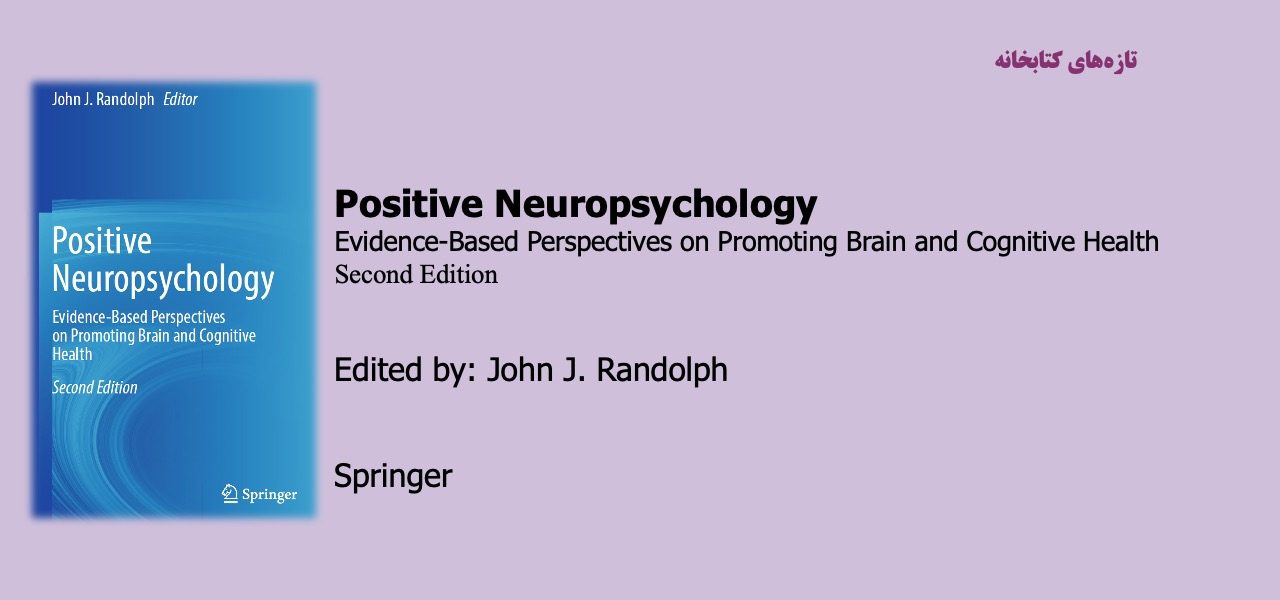Positive Neuropsychology

Evidence-Based Perspectives on Promoting Brain and Cognitive Health
This revised edition of Positive Neuropsychology serves to integrate and synthesize empirical studies over the past decade while retaining the foundations discussed in the first edition. With 18 contributors, 4 new chapters, and significant expansions of prior chapters, the other authors and I have attempted to provide renewed perspectives on the importance of evidence-based lifestyle activities and strategies associated with promoting brain and cognitive health. The reader should note that, as with the previous edition, the science and related applications discussed here are being considered at one point in the evolution of this broad area. Research in the years ahead will undoubtedly expand our understanding further. This particularly applies to historically marginalized groups; while some studies have included more racially, ethnically, and socioeconomically diverse samples than in the past, there is clearly much work still to be done to make this area more representative.
Also, readers of the first edition will notice a slight change in the title from “…promoting cognitive health” to “…promoting brain and cognitive health.” This represents a broader acknowledgment that multiple lifestyle factors now have well-documented and meaningful impacts on both cognition and brain structure and function. While brain correlates of lifestyle activities were certainly discussed in the first edition, even more attention is paid to this area here.
As with the first edition, this volume taps into broad public interest—including a common interest expressed by individuals seen in clinical settings—related to wellness, prevention, and health promotion that will surely continue in the years ahead. That being said, in the time since the last edition, there has unfortunately been a proliferation of “brain health” products and services with questionable if any scientific merit that are typically marketed by exploiting common anxieties about cognitive decline. It is my hope that this book serves as an antidote of sorts to this concerning trend by providing evidence-based perspectives that we and our patients can consider in the search for brain resilience strategies that are free or inexpensive and readily available for nearly everyone.
مطالب مرتبط

پردازش سیگنال گسسته در زمان
۱ / شهریور / ۱۴۰۳

پردازش تصویر دیجیتال با زبانMATLAB
۱ / شهریور / ۱۴۰۳

پردازش تصویر رقمی
۱ / شهریور / ۱۴۰۳

